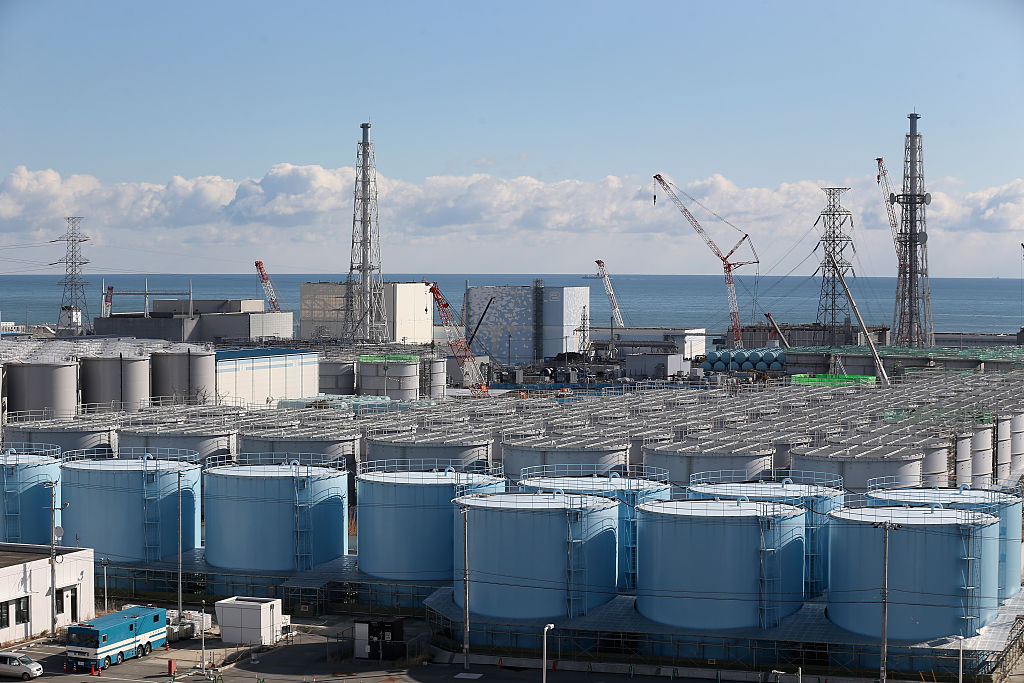Japan considers nuclear U-turn as winter crisis looms

Japan will restart more dormant nuclear plants and consider building next-generation reactors, revealed Prime Minister Fumio Kishida, in a major policy shift on nuclear energy a decade after the Fukushima disaster.
Kishida told reporters today he had instructed officials to come up with concrete measures by the year end, including on “gaining the understanding of the public” on sustainable energy and nuclear power.
The announcement highlights how Russia’s invasion of Ukraine and soaring energy costs have forced both a change in public opinion and a policy rethink toward nuclear power.
Japan has kept most of its nuclear plants idled in the11 years since a massive earthquake and tsunami in 2011, which triggered a nuclear meltdown at the Fukushima Daiichi power plant.
Since then, it has pledged to build build no new reactors, meaning a change in policy would be a stark turnaround.
Japan: Public opinion changes in supply crisis
Government officials met earlier today to establish a plans to boost renewable energy, aimed at retooling the world’s third-largest economy to meet environmental goals – with the country targeting net zero emissions by 2050.
Nuclear energy was deeply opposed by the public after the Fukushima crisis.
However, it is now seen by some in government as a component for such a green transformation.
Public opinion has also shifted amid rising fuel prices while a hot summer spurred calls for energy-saving.
Japan’s has historically been highly dependent on nuclear power, as its grid is not connected to neighbouring countries.
It is also not able to boost output of domestic fossil fuels, being a heavy net importer of energy.
Last month the government said it hoped to restart more nuclear reactors in time to avert any power crunch over the winter.
As of late July, Japan had seven operating reactors, with three others offline due to maintenance.
Many others are still going through a relicensing process under stringent safety standards imposed after Fukushima.
Kishida also said the government would look at extending the lifespan of existing reactors, with most holding a lifespan of 60 years.